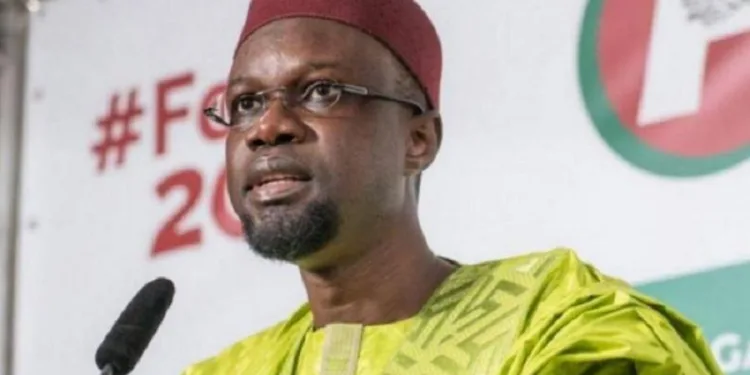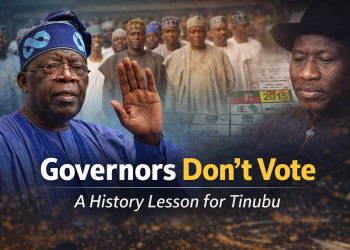Senegal’s newly-elected president, Bassirou Diomaye Faye has appointed Ousmane Sonko as the country’s Prime Minister.
“A few hours after taking office as the president of Senegal, his excellency Faye has appointed Sonko prime minister,” the presidency posted on X.
Fintech Telex understands that Sonko had originally been named as the opposition’s presidential candidate until he was arrested and ruled ineligible to stand – a move that sparked mass protests.
Sonko, a name synonymous with both political firebrand and controversy, has become a central figure in Senegalese politics. From his days as a tax inspector challenging corruption to his current role as Prime Minister, Sonko’s journey has been marked by activism, ambition, and accusations.
Early Life and Rise to Prominence
Born in 1974, Sonko’s path diverged from the typical politician’s route. After graduating with a law degree, he became a tax inspector, a role that exposed him to the underbelly of corruption within the Senegalese system. This experience fueled his passion for social justice and transparency, leading him to establish the Patriotic Senegalese Forces for Change (PASTEF) party in 2014.
PASTEF resonated with a growing segment of Senegalese youth disillusioned with the status quo. Sonko’s fierce anti-corruption rhetoric and his outsider status struck a chord, propelling him to national prominence.
Also Read: Health Workers In Africa Can No Longer Migrate To UK With Their Partners As Dependents
In 2019, Sonko’s popularity culminated in his candidacy for President. Placing third in a crowded field, he emerged as a significant threat to incumbent president Macky Sall. However, his campaign was overshadowed by a sexual assault accusation filed by a woman working at a massage parlor. Sonko vehemently denied the charges, claiming they were politically motivated to derail his candidacy.
The ensuing legal battle became a national spectacle. Sonko’s arrest in 2019 sparked mass protests and riots across Senegal, highlighting the deep political and social divisions in the country. While the rape charges were eventually dropped, Sonko was convicted of “corrupting youth” in a separate case, a verdict widely seen as politically motivated by his supporters.
Prime Minister and Uncertain Future
Despite the legal challenges, Sonko’s popularity remained undimmed. In a surprising turn of events, he was appointed Prime Minister in early 2024. The reasons behind this move remain unclear, with some speculating it was a political maneuver by Sall to neutralize a potential challenger in the upcoming 2024 presidential election. However, Sonko’s conviction for “corrupting youth” makes him ineligible to run, casting a shadow over his premiership.
A Figure of Division
Sonko remains a divisive figure. His supporters hail him as a champion of the people, a fearless voice against corruption. They point to his past as a tax inspector as evidence of his commitment to transparency. Detractors, however, view him as a political opportunist who uses inflammatory rhetoric to stir up unrest. They question the timing of the sexual assault accusations and highlight his conviction as proof of his unsuitability for high office.
The Road Ahead
Sonko’s future remains uncertain. His premiership under President Faye presents a complex dynamic. Can he enact meaningful change from within the system he once railed against? Will his legal troubles resurface? More importantly, will his supporters accept his role, or will tensions rise again in the run-up to the 2024 election?
Unanswered Questions
Sonko’s story raises several critical questions about Senegalese democracy. Can the country find a way to address legitimate grievances about corruption without resorting to violence? How will the justice system navigate politically charged cases? And most importantly, can Senegal find a way to bridge the deep social and political divides that threaten its stability?
Sonko’s journey from tax inspector to Prime Minister demonstrates the volatility of Senegalese politics. Whether he emerges as a true reformer or a political flash in the pan remains to be seen. However, one thing is certain: Sonko’s story will continue to shape the future of Senegal for years to come.










